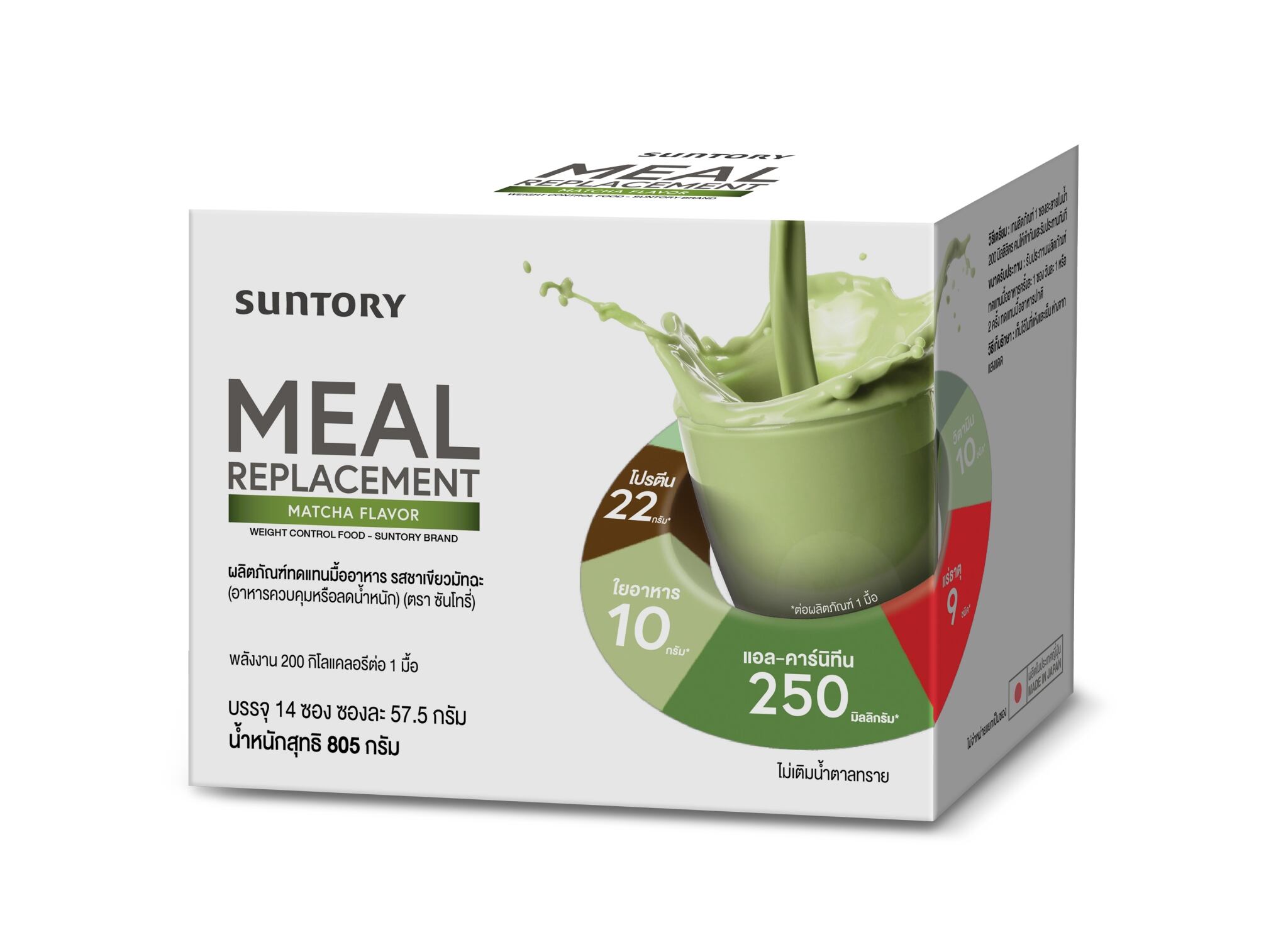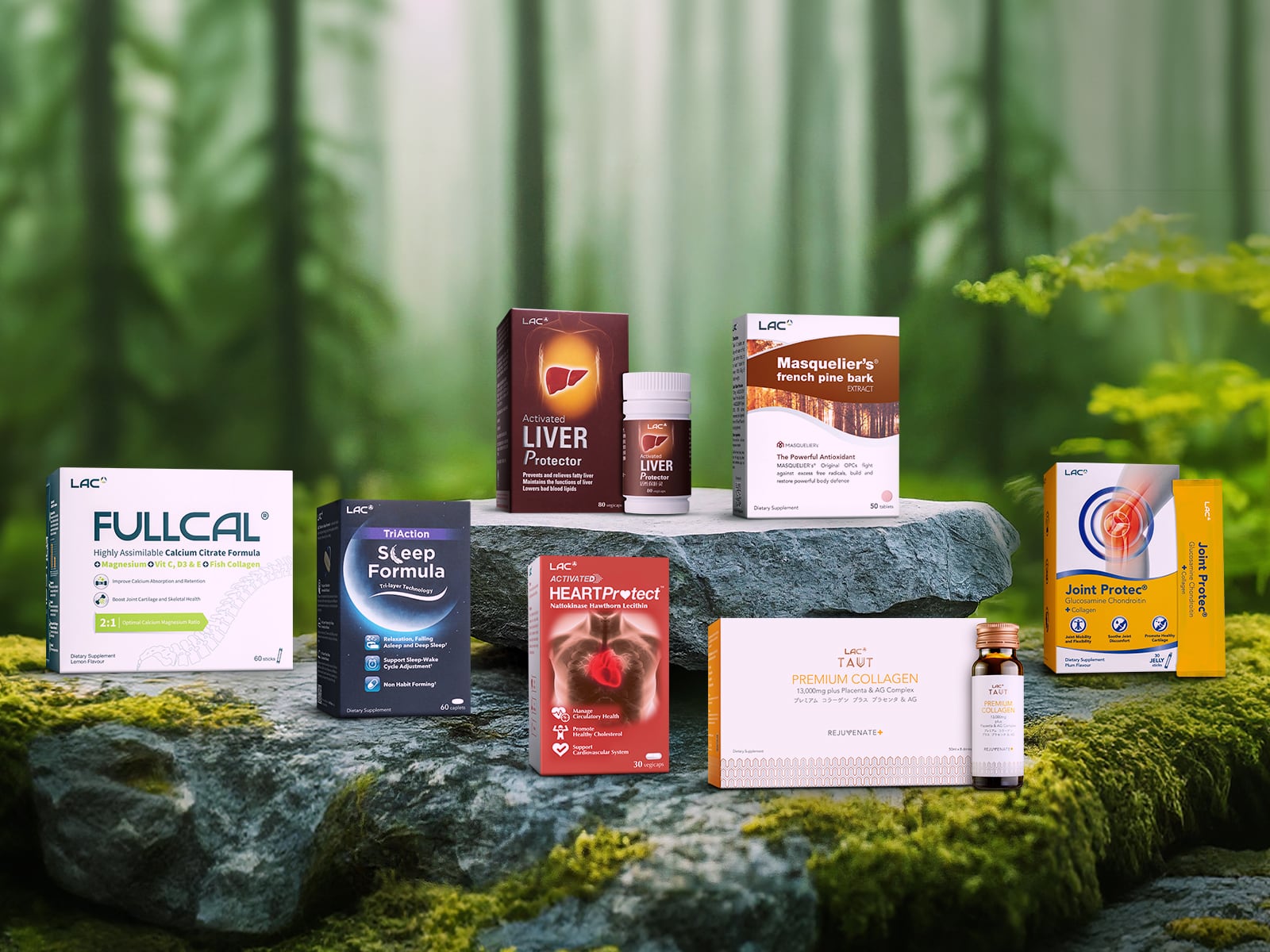The product studied is a cocoa-flavoured meal replacement powder containing dairy and soy protein, as well as dietary fibre as the key ingredients.
It is the first meal replacement product from Suntory as it seeks to grow its wellness business.
Launched first in Thailand last April, the product manufactured in Japan is only available in another market - Singapore, in this case.
At present, meal replacements are usually taken for weight management and reducing caloric intake.
To validate the effectiveness of its first meal replacement product, Suntory has therefore funded a clinical trial in Thailand.
The trial was conducted by researchers from Mahidol University’s Faculty of Public Health Department of Nutrition and Dhurakij Pundit University’s College of Integrative Medicine.
Findings recently published in the Thai Journal of Public Health reported significant reductions in body weight and BMI in individuals who took the intervention as compared to those from the control group.
The intervention group also showed significant improvements in its bowel movement regularity.
However, no significant changes were found in the body fat percentage of visceral fat between the two groups.
Speaking to NutraIngredients-Asia, Jack Wong (Ph.D), Director, Research and Development at Suntory Wellness Asia Pacific said the favourable findings would be the first step in building the scientific evidence of Suntory’s first meal replacement product.
The findings would serve as the foundation for future research and potential application for product health claims.
“This study has shown that the formulation works and that we may use it as a base to further prove its weight management effects.
“We can also communication the findings to healthcare professionals and pharmacists to increase their confidence in recommending this product,” he said.
In Thailand, the product is sold in pharmacies, on top of e-commerce marketplaces and health foods specialty stores.
Each serving provides 200kcal and contains 22g of dairy and soy protein, as well as 10g of dietary fibre, 11 essential vitamins and seven minerals.
The high protein and dietary fibre formulation is meant to support weight loss, as well as promoting satiety and bowel movement respectively.
The product is designed for weight management and L-carnitine is also added to speed up fat metabolism.
Study design and findings
In the 28-day clinical trial, 61 overweight and obese Thai adults were randomised to taking either the meal replacement or control group.
The control group continued their regular diets while those in the intervention group took regular diets only for their breakfast and lunch, while replacing their dinner with one serving of the meal replacement product.
Each serving provided 200 kcal, 4 g total fat, 825 mg linoleic acid, 22 g protein, 28 g carbohydrates, 10 g dietary fibre, 10 g sugar, and 250 mg L-carnitine.
The participants’ body weight, BMI, total body fat, visceral fat, muscle mass, basal metabolic rate (BMR), and blood pressure were measured during the second and fourth week of the trial.
After the four-week intervention, significant differences emerged between the groups, particularly in muscle mass, free fat mass, body weight, BMI, BMR, and the need for bowel movement assistance.
Body weight, for instance, saw a reduction of -0.5 ± 0.9 kg in the second week for the meal replacement group, which further reduced by -0.8 ± 1.3 kg in the fourth week. These are both significant changes.
In contrast, the control group saw their body weight increased by 0.2 ± 1.2kg by week four.
The intervention group’s body weight and BMI reduction was accompanied by a significantly reduced carbohydrate and fat intake from the baseline.
For example, their carbohydrate intake was lowered by -45.2 ± 58.1 by the end of the trial.
“Overall, MRP (meal replacement powder) group demonstrated significant reductions in energy, carbohydrate, and fat intake by week two and week four, which may be attributed to the consumption of the meal replacement product, while protein intake increased following the intervention and remained elevated throughout the study period...
“The reduction in carbohydrate and fat intake observed in the MRP group highlights the potential benefits of meal replacements in lowering the consumption of macronutrients associated with weight gain,” said the researchers.
They added that high carbohydrate diets, especially those rich in refined carbohydrates, have been linked to insulin resistance and fat storage, which could contribute to obesity.
“The shift towards lower carbohydrate intake observed in this study supports strategies that prioritize low to moderate carbohydrate consumption for improved glycaemic control and effective weight management.
“Similarly, the reduction in fat intake aligns with recommendations aimed to minimise dietary fat to reduce cardiovascular risk, which is prevalent among individuals with obesity,” said the researchers.
The old adage: Taste is key
Suntory first launched the product in two flavours, namely cocoa and cafe latte.
The matcha flavour was added this year, partly due to the flavour being in trend, and also paying homage to the brand’s Japanese heritage.
Product taste is especially important, especially in the meal replacement powder category, said Wong.
“We went through several iterations refining the product’s taste profile and formulation.
“If it is not tasty, then it is difficult for consumers to drink it everyday. It will not be sustainable and will affect the effectiveness of the product,” he explained.
Both the cocoa and matcha latte versions were also awarded the Superior Taste Award by the International Taste Institute, he added.
Expanding wellness business across APAC
While Suntory Wellness has its activities predominantly centred in the domestic Japanese market, the company is now looking to expand across the APAC region.
Its focus is especially in Thailand, Singapore, and Taiwan and it has opened new offices to support its expansion.
Last year, the company also acquired Thai firm NBD Heatlhcare, which is a distributor of food supplement brands such as Vistra and skincare brand Provomed.
As part of the regional expansion, the company saw opportunities for Thailand’s and Singapore’s meal replacement markets.
In Thailand, there are strict requirements for a formulation to be qualified as a meal replacement product, including criteria on vitamins levels.
Wong said the requirements made it an even more remarkable feat to have the product approved in Thailand.
Suntory Wellness is one of the three major arms of Japanese company Suntory.
The two other major portfolios are its alcohol business and food and beverage. Examples of its food and beverage brands include Brand’s Essence of Chicken, BOSS coffee etc.





